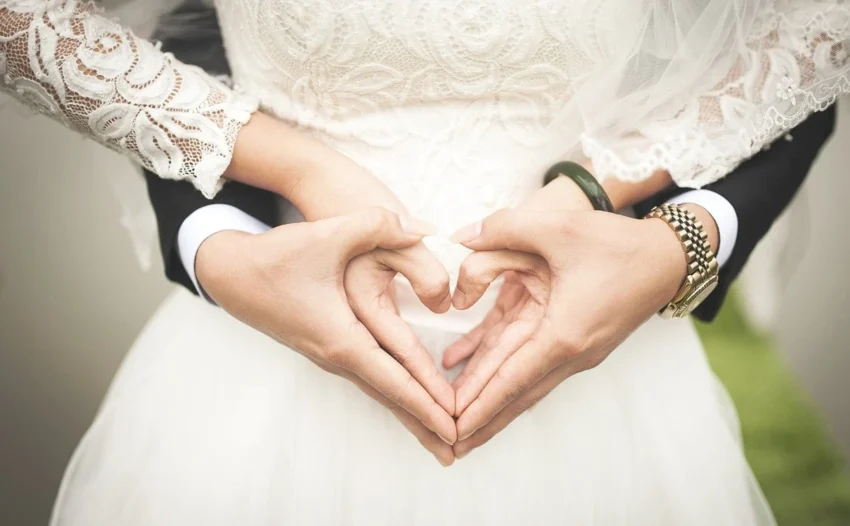On July 18, the South Korean Supreme Court ruled that individuals in same-sex marriages can be registered as dependents under health insurance, marking the first time the court has recognized some legal rights for same-sex couples. The ruling emphasized that excluding same-sex partners based on sexual orientation constitutes discrimination and violates constitutional rights. This decision has sparked varied reactions within South Korean communities, highlighting a need for broader social consensus on same-sex marriage and related issues.
Supreme Court’s Historic Ruling on Same-Sex Marriage
On July 18, the South Korean Supreme Court ruled that same-sex partners in de facto relationships can be registered as dependents under health insurance. This is the first ruling by the Supreme Court that partially recognizes the legal rights of same-sex couples, which are not acknowledged under the current civil law.
Supreme Court Justice Kim Seon-su led the unanimous decision, affirming the lower court’s ruling in favor of So Seong-uk, who had filed a lawsuit against the National Health Insurance Service over premium charges.
The Supreme Court declared that excluding same-sex partners from dependent status solely based on their sexual orientation constitutes discrimination. The court emphasized that such discrimination violates the rights to dignity, value, pursuit of happiness, privacy, and equality before the law.
Implications of the Supreme Court Decision for Same-Sex Marriage
The court further stated that the National Health Insurance Service’s refusal to recognize the plaintiff’s same-sex partner as a dependent lacked reasonable justification and unlawfully discriminated against him, violating constitutional equality principles. It concluded that, based on the essence of the health insurance dependent system, there is no reason to treat same-sex partners differently from opposite-sex partners.
Following this ruling, the National Health Insurance Service registered same-sex partners as dependents on July 30. This day marked the implementation of a historic decision for the equality of same-sex couples and sexual minorities, who celebrated the progress toward equality.
Community Reactions to the Supreme Court Decision on Same-Sex Marriage
The response from South Korean communities varied significantly. On the women’s community site, Instiz, there was a celebratory atmosphere, with members sharing and applauding the ruling. The plaintiff expressed his joy over his same-sex husband being registered as a dependent, and Instiz members emphasized that love transcends gender, celebrating the ruling without prejudice. They noted that legalizing same-sex marriage causes no societal collapse, expressing happiness over the positive change in South Korea.
However, not all reactions were positive. Some members who oppose homosexuality engaged in debates, arguing that the ruling undermines traditional values, with predictions of emerging conflicts over diverse values in South Korea.
Arguments Against the Supreme Court Decision on Same-Sex Marriage
Opponents of same-sex marriage argue that recognizing sexual minorities will lead to similar demands from other groups, such as Muslims and illegal immigrants, under the guise of diversity. They stress the need for limits to maintain the state, warning that taxpayer money would be used to support minorities. They also highlight concerns over accommodating new religious and cultural practices and the nation’s pressing low birth rate issue, suggesting that the acceptance of same-sex marriage is incompatible with addressing this demographic challenge.
Call for Social Consensus on Same-Sex Marriage
South Korea now faces the challenge of addressing political correctness (PC) issues that have swept through Western societies. The recent Supreme Court ruling on same-sex marriage came abruptly, without broad social consensus. South Korea must now strive to achieve social consensus on issues of same-sex marriage and other PC-related matters.
Here’s a link to instiz.Photographer: Tú Anh Source: Pixabay
I appreciate you taking the time to read this post. Please share your thoughts in the comments!


It’s a simple principle: LGBTQ+ people are citizens of the country. Pay they taxes properly like others. They should have the same legal rights as everyone else. Like… why not?